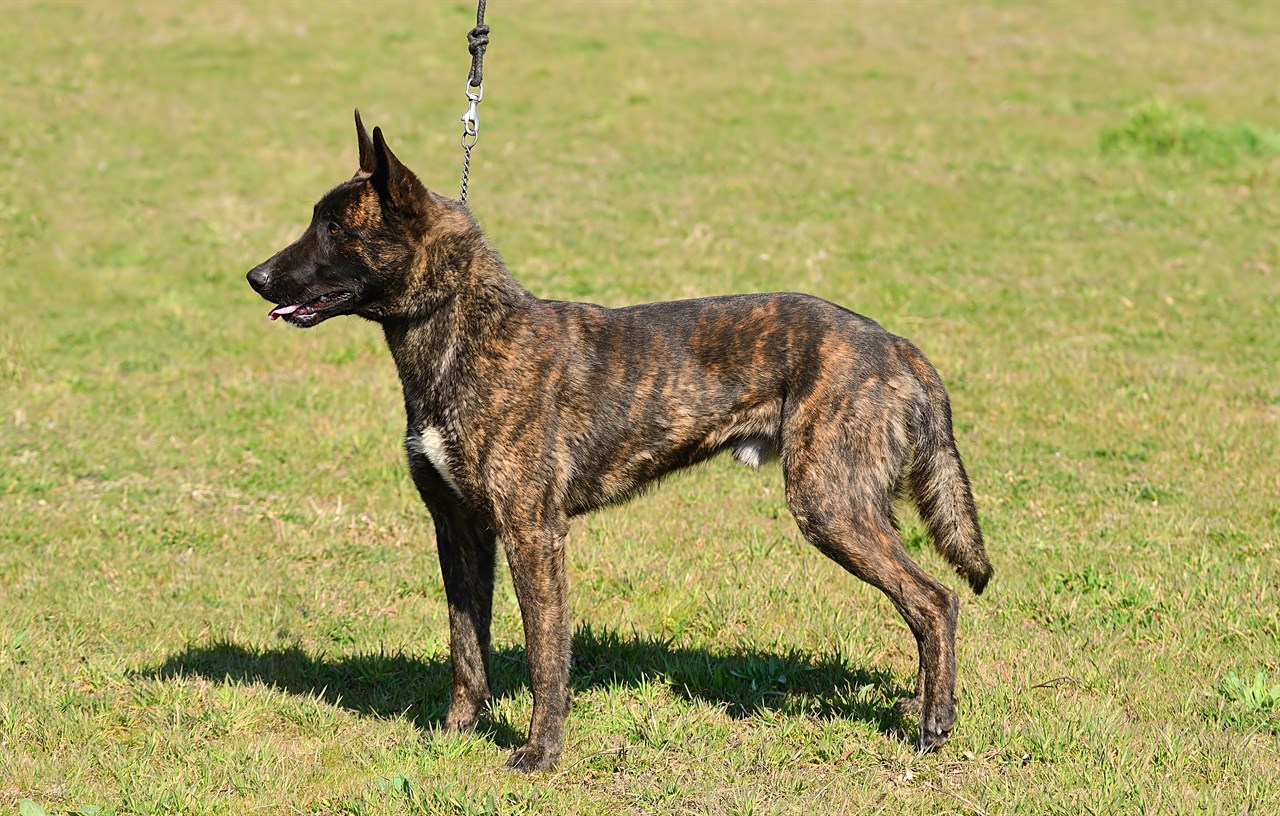Dutch Shepherd: Considerations for Prospective Owners

While Dutch Shepherds are remarkable dogs with numerous positive traits, it's essential for prospective owners to be aware of potential downsides or challenges associated with the breed. Understanding these considerations ensures a well-informed decision and a successful partnership with a Dutch Shepherd.
High Energy Levels
Requires Regular Exercise Dutch Shepherds are known for their boundless energy. While this makes them great for active individuals or families, it can be a challenge for those unable to provide the necessary daily exercise and mental stimulation.
Need for Mental Stimulation
Requires Mental Challenges In addition to physical exercise, Dutch Shepherds thrive on mental stimulation. Without adequate mental challenges, they may become bored and engage in undesirable behaviours.
Independence
Independent Nature Dutch Shepherds have an independent streak, which can be challenging for first-time dog owners. Consistent and positive training is essential to establish a strong bond and ensure obedience.
Strong Prey Drive
High Prey Drive The breed's herding background gives them a strong prey drive. This can lead to chasing behaviours, especially towards smaller animals. Careful supervision and training are necessary to manage this instinct.
Vocalisation
Tendency to Bark Dutch Shepherds can be vocal, especially when they sense potential threats or changes in their environment. This trait may not be suitable for those in noise-sensitive living situations.
Potential for Destructive Behaviour
May Exhibit Destructive Behaviors When not provided with adequate physical and mental stimulation, Dutch Shepherds may resort to destructive behaviours, such as chewing or digging. Proper outlets for their energy are crucial.
Grooming Requirements
Shedding and Grooming Needs Dutch Shepherds shed moderately, and their coat requires regular brushing to maintain its condition. This may not be ideal for individuals seeking a low-maintenance dog.
Not Ideal for Sedentary Lifestyles
Unsuitable for Inactive Owners Dutch Shepherds are not well-suited for sedentary lifestyles. They thrive in homes where they can actively participate in various activities, making them less suitable for individuals with limited mobility.
Not a Lap Dog
Less Inclined to CuddlingDutch Shepherds, while affectionate, are not typically "lap dogs." They may prefer being close but are more likely to express their affection through active play and companionship.
Not Suitable for Allergen-Sensitive Individuals
Potential for Allergies While not hypoallergenic, Dutch Shepherds are not known to be excessively allergenic. However, individuals with severe allergies should spend time with the breed before committing to ownership.
What are the Cons of a Dutch Shepherd?
The cons of owning a Dutch Shepherd include their high energy levels, need for mental stimulation, independent nature, strong prey drive, tendency to bark, potential for destructive behaviour, grooming requirements, unsuitability for sedentary lifestyles, a preference for active companionship, and considerations for individuals with allergies.
In summary, while Dutch Shepherds make fantastic companions for the right owners, it's crucial to assess whether the breed's characteristics align with the owner's lifestyle and preferences. Addressing the potential downsides through training, proper care, and understanding the breed's needs ensures a fulfilling relationship with a Dutch Shepherd.
Dutch Shepherd puppies for sale
- Find Dutch Shepherd puppies for sale in ACT
- Find Dutch Shepherd puppies for sale in NSW
- Find Dutch Shepherd puppies for sale in NT
- Find Dutch Shepherd puppies for sale in QLD
- Find Dutch Shepherd puppies for sale in SA
- Find Dutch Shepherd puppies for sale in TAS
- Find Dutch Shepherd puppies for sale in VIC
- Find Dutch Shepherd puppies for sale in WA